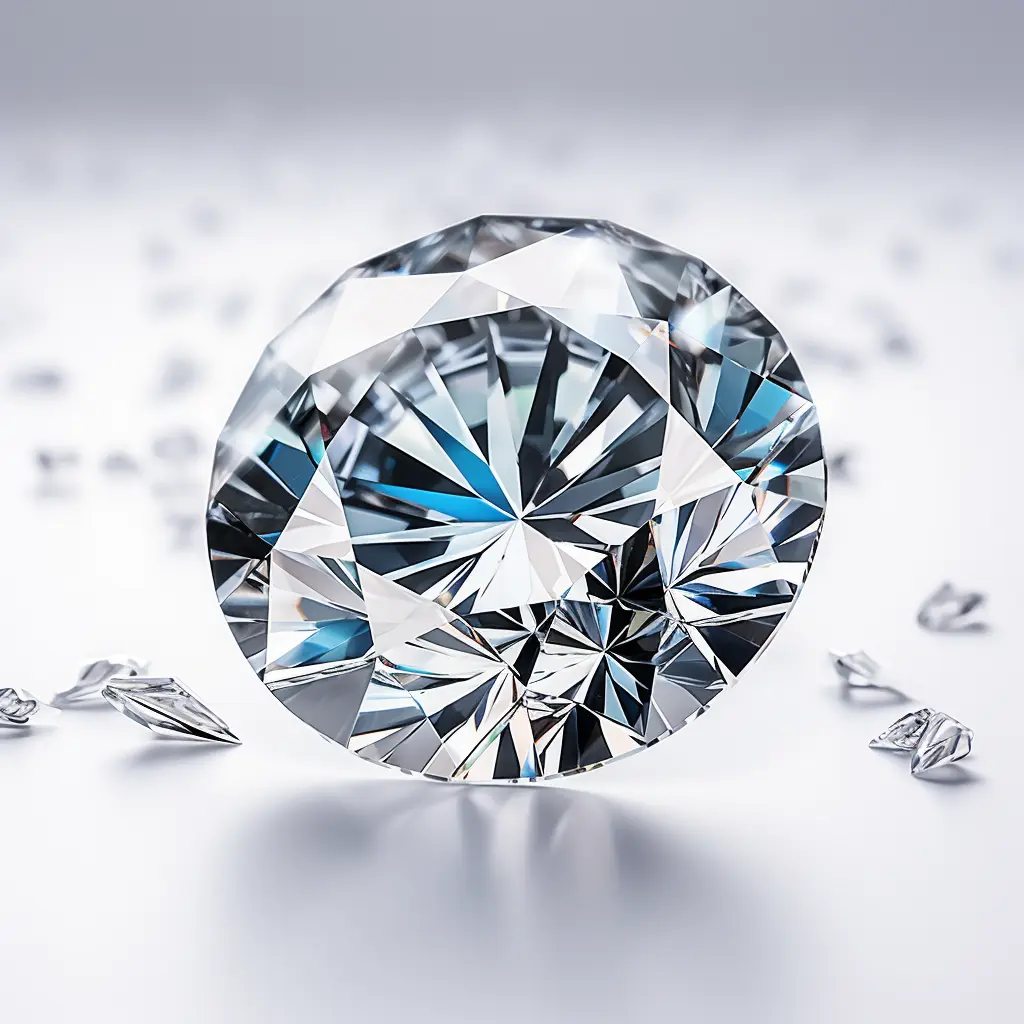When you’re in the market for a custom engagement ring, one of the most important factors to consider is the quality of the diamond you’ll be choosing as your center stone. With so many options available and a significant financial investment on the line, it will really help you to understand diamond certification and what it means for the value and beauty of your ring.
These certifications provide an unbiased, professional evaluation of a diamond’s characteristics, giving buyers a standardized way to compare stones and make informed purchasing decisions.
Diamond certifications are reports issued by independent gemological laboratories that assess and grade the quality of individual diamonds. These certifications provide an unbiased, professional evaluation of a diamond’s characteristics, giving buyers a standardized way to compare stones and make informed purchasing decisions.
The most widely recognized and respected diamond certification labs include:

While each diamond certification lab has its own unique grading system and terminology, they all assess diamonds based on the “4 Cs” – cut, color, clarity, and carat weight. Here’s a brief overview of how these labs grade each of these factors:
It’s important to note that while these grading scales are similar across labs, there can be slight variations in how each lab applies them. This is why it’s crucial to look for consistency and reliability in a diamond certification, rather than just focusing on the specific grades.
A reliable diamond certification is your assurance that the stone you’re purchasing has been thoroughly and accurately evaluated by a team of experienced gemologists. It provides a detailed record of your diamond’s qualities and characteristics, serving as a benchmark for its value and a way to verify its authenticity.
When choosing a diamond for your custom engagement ring, always look for a stone that comes with a certification from a reputable lab like GIA, AGS, or IGI. Be wary of diamonds that come with no certification, or with certifications from lesser-known or unreliable labs, as these stones may be lower quality or even fraudulent.
Once you have a diamond certificate in hand, it’s important to know how to read and interpret the information it provides. Most certificates will include the following key details:
Take your time reviewing the certificate and don’t hesitate to ask questions if anything is unclear. A reputable jeweler will be happy to walk you through the details and help you understand what they mean for the beauty, value, and durability of the diamond.
Ensuring that your custom engagement ring features a certified diamond is one of the smartest and most important decisions you can make as a buyer. By understanding the role of diamond certifications and how to interpret them, you can shop with confidence, knowing that you’re getting a high-quality stone that meets the highest standards of beauty and value.
Our team of custom engagement ring experts is committed to helping you find the perfect certified diamond for your ring. We work exclusively with diamonds graded by the world’s most respected labs, and we’re here to guide you through the process of understanding and comparing certifications to find the stone that’s just right for you. Schedule a consultation with us today to start your journey towards a custom ring that features a stunning, certified diamond you can trust.
Just go to the calendar below and choose the date and time that works best for you. See you then!
Do you have a vision for your custom engagement ring, but aren’t sure how to make it a reality? Allow us to guide you through the process of how to create truly exceptional rings. Schedule your design appointment today and see how Finer Custom Engagement Rings and Diamonds will bring your vision of an engagement ring to life.
© Copyright Finer Custom Jewelry 2024